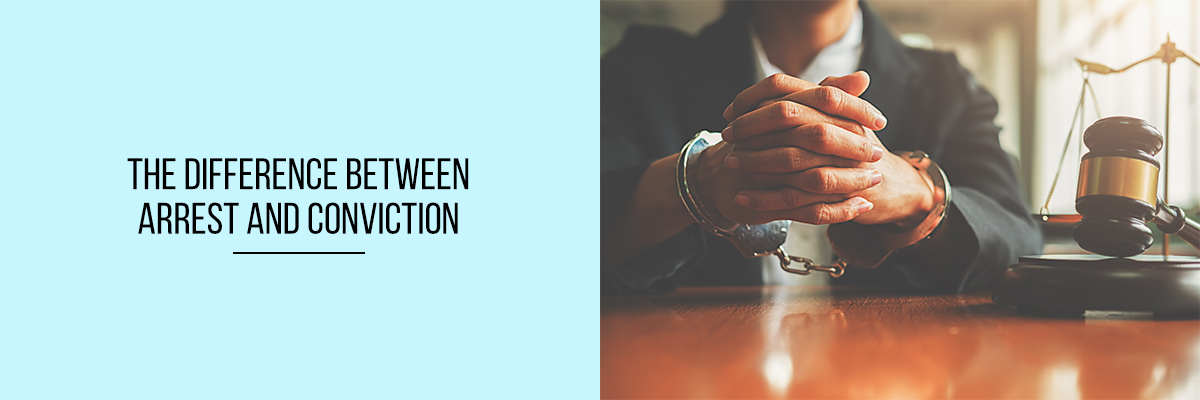Think of the two terms when you see them in the news. But, when you think about them in the context of the criminal justice system, they become very different. Conviction and arrest are two very different things. There is a wide range of consequences for a conviction or an arrest that vary greatly based on the facts of each situation, but most often jail time is not the fate that awaits those who are convicted of a crime.
An arrest is when police officers or other law enforcement officials place someone under arrest for suspected criminal conduct. A conviction is when the court makes a final decision in a trial to determine whether the defendant was actually guilty.
Arrest vs. Conviction
Imprisonment is a fact of life for many people. The majority of Americans will be arrested at one time or another, and some will spend time behind bars. Although incarceration is a life-changing event, it is important to understand that not all arrests result in convictions. Indeed, many people spend time in jail and then walk free into society, and there are other types of prison sentences that people serve for a crime, such as probation.
There is a big difference between an arrest and conviction, which is why it is important for employers to understand what separates these two outcomes. An arrest is the first step in the criminal justice process, while a conviction is a final step. A conviction is far more serious because it carries a sentence of time in state or federal prison.
Handling an Employee Criminal Record
It is generally accepted in the USA that the reasons for excluding a potential employee from a hiring process should be limited to age, pregnancy, disability, and race. But what if a candidate has a criminal record? There are also other types of criminal offenses that might affect a person’s employment prospects. For example, a conviction for a crime that involved illegal possession or distribution of a controlled substance can be a deciding factor in a hiring process. In addition, a conviction for a violent crime can be a deal-breaker for a position that requires a high level of safety and security.
Do Not Run Unnecessary Checks
Be sure that you know what you want to find out about a candidate and what you can live with not knowing. A good rule of thumb is, the more private the information, the more you need to get it. If you don’t know what you want to find out about a candidate, you risk finding out something that you don’t want to know, and that isn’t relevant to the job.
Attend the Compliance Prime webinar to learn more about arrest and conviction.





